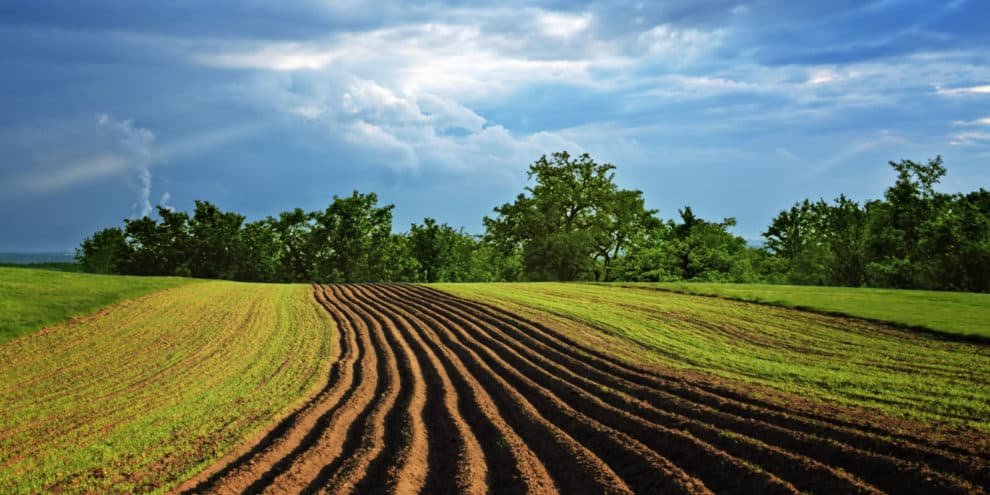Farms are an incredible investment providing any number of income sources. One particularly lucrative opportunity involves leasing your farmland. A lease will not only provide monetary value for you personally, but will also help the local economy by increasing access to locally-grown food and agricultural products. Determining the available resources, type of agriculture, zoning, soil type and vision for your land are among the important factors to consider when leasing your farm. The strategies below will form a solid foundation for a successful leasing endeavor.
Finding A Farmer
Public and private organizations offer assistance to landowners who are interested in leasing farmland. Local agricultural groups, cooperative extension offices and state departments of agriculture often keep records of farm opportunities and have knowledge of farmers in the area looking for agricultural land to lease. Farm incubator programs work with new farmers on a short-term leasing basis and may be interested in utilizing your land for projects across the country.
Understanding Lease Terms
Setting clear goals and expectations of a land lease reduces the risk of confusion between the involved parties. A good lease should include several components including: landlord/tenant names, property description, start and stop dates, consideration (rent) and signatures. Maintaining the landlord-tenant relationship is extremely critical to successfully leasing any farmland. It’s also crucial to choose the very best letting agent that you can find. Trust and communication are necessary, as is legal advice before committing to any lease agreement.
Plan For The Future
The values and long-term vision for your land are important priorities to remember when you lease your farm. This framework will establish a successful property for generations to come. Planning is critical as most farm transfers fail because plans never get started. Be specific, detailed and choose advisers to support you with this process. If you have selected a successor you can protect both parties’ interests by incorporating them into the farm operation.
This content may not be used or reproduced in any manner whatsoever, in part or in whole, without written permission of LANDTHINK. Use of this content without permission is a violation of federal copyright law. The articles, posts, comments, opinions and information provided by LANDTHINK are for informational and research purposes only and DOES NOT substitute or coincide with the advice of an attorney, accountant, real estate broker or any other licensed real estate professional. LANDTHINK strongly advises visitors and readers to seek their own professional guidance and advice related to buying, investing in or selling real estate.










Add Comment